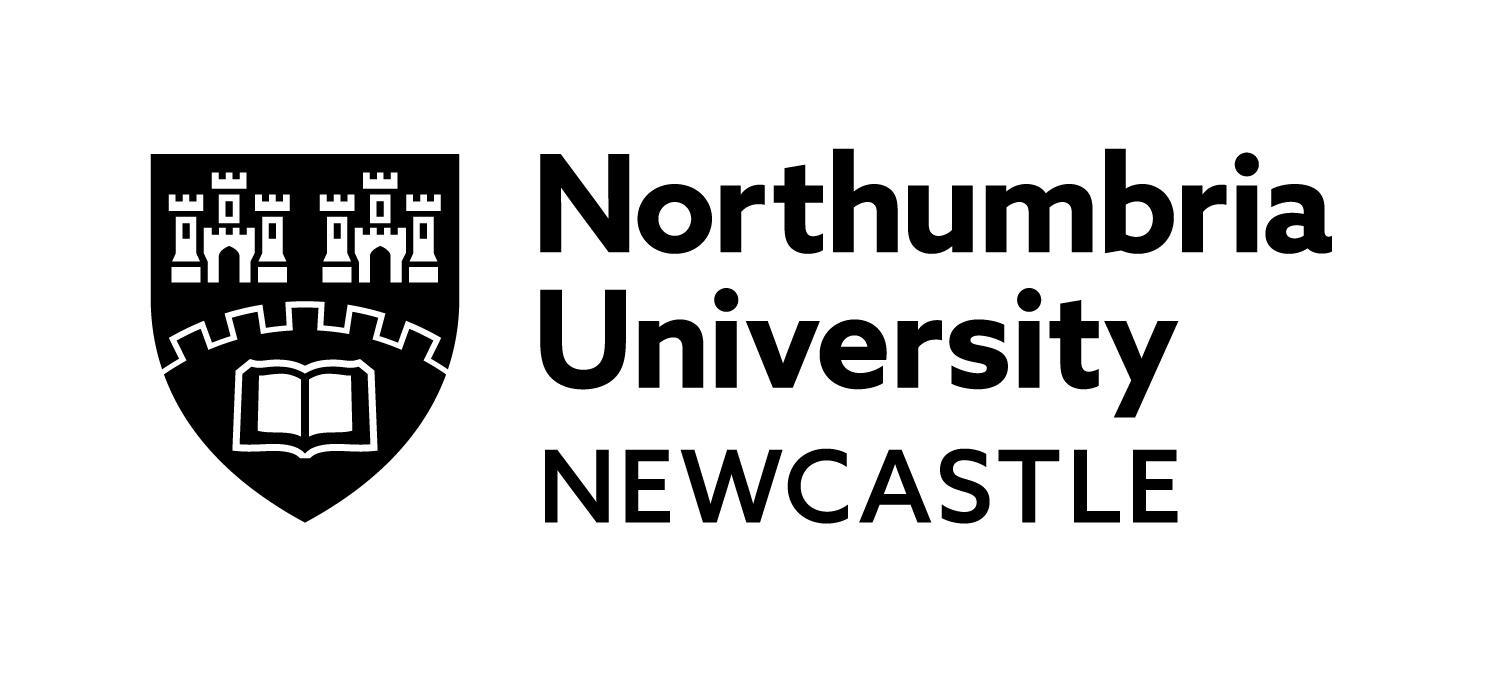Conflict, Security and Justice
Conflict, Security and Justice
The Conflict, Security and Justice Pathway is offered at Durham, Newcastle, Northumbria and Ulster.
The Conflict, Security and Justice (CSJ) Pathway is a collaborative and interdisciplinary pathway offered through a number of subject areas at Durham, Newcastle, Northumbria, and Ulster universities. The establishment of secure, peaceful, and just societies requires insight and innovation from across diverse disciplines, and CSJ therefore provides crucial opportunities to support cross-cutting research that addresses local, national and global challenges in novel ways.
We have strengths across a range of themes: from conflict resolution and peacebuilding to gender and conflict; critical security studies to transitional justice; cybersecurity, AI, and the intersection between technology and peace and conflict. Although many projects within the CSJ Pathway address countries or populations experiencing, or emerging from, conflict, proposals are not limited to these contexts. We also welcome projects that explore broader interpretations of conflict, security, and justice. However, where justice is a focus, it must be examined alongside security and/or political conflict. If you are unsure about your project’s fit, please contact the Pathway Director or the Pathway Lead at the institution that you wish to attend.
At Durham University, the Global Security Institute provides expertise in security, peacebuilding and state building, with regional expertise in the Middle East, Africa and South Asia. The School of Government and International Affairs hosts the al-Sabah Programme for Regional Politics and International Security. In Geography, there is also extensive specialism in international boundaries conflict resolution at IBRU: Centre for Borders Research.
At Newcastle University, research in CSJ sits across a number of subject areas with specific foci in Environmental Planning, Human Geography, Law and Sociology. Within these subject areas, we have particular strengths in research related to the military, war, security, and human rights.
At Ulster University, research is focused through the International Conflict Research Institute (INCORE) and the Transitional Justice Institute which provide support for scholarship on peace and conflict, and particularly the exploration of the ‘everyday’ realities of communities and individuals grappling with the legacies of conflict, and justice-related studies.
At Northumbria University, the CSJ pathway sits within the School of Psychology. The Psychology and Communication Technology (PaCT) Lab has particular strengths in cybersecurity, cyberpsychology and artificial intelligence (AI). The department also boasts globally recognised research in interpersonal relationships, health and wellbeing, forensic psychology, work psychology, technology and online behaviour. We welcome a range of proposals provided they apply a psychological approach.






